In an age defined by rapidly advancing technology, the ethics of our digital world have become an increasingly pressing concern. As we continue to integrate technology into every aspect of our lives, we must grapple with the moral implications of our choices. From artificial intelligence to data privacy, the ethical considerations surrounding technology are vast and complex. In this blog post, we will delve into the realms of technology ethics, exploring the challenges and possibilities that lie ahead.
The Uncharted Territory
As we navigate the uncharted territory of the digital realm, we encounter ethical dilemmas that we never before imagined. The prevalence of artificial intelligence poses significant questions about the nature of consciousness and the rights of non-human entities. Should we grant AI legal personhood and extend them certain rights, or do they remain mere tools? This debate forces us to confront the boundaries between humanity and technology, raising profound philosophical and moral questions.
Similarly, the advancements in biotechnology have given rise to the possibilities of genetic engineering and human augmentation. While these developments hold great potential for improving our lives, they also present serious ethical concerns. Are we playing with nature’s building blocks, and if so, what does that mean for our sense of identity and equality?
The Pandora’s Box of Data
In this digital age, data is the new currency. As companies collect vast amounts of personal information, questions of privacy and consent arise. The sheer amount of data being collected raises concerns about surveillance, manipulation, and potential misuse. Is it ethical for corporations and governments to have such intimate knowledge of our lives? How do we balance the benefits of data-driven technologies with the need to protect individual privacy?
Moreover, algorithms and AI-driven systems are increasingly making decisions that impact our lives, from job applications to criminal justice. The opaque nature of these systems raises concerns about accountability and fairness. Who is responsible when algorithms make biased or discriminatory choices? How do we ensure transparency, accountability, and fairness in the algorithms that shape our lives?
The Need for Ethical Frameworks
To navigate these challenges, we need robust ethical frameworks that guide our decisions in the realm of technology. It is imperative for organizations and individuals to adopt ethical principles that prioritize human well-being, equity, and sustainability. Technologists, policymakers, and society as a whole must engage in informed and inclusive discussions to set ethical standards and establish regulations that safeguard the interests of all.
Furthermore, educating the next generation about technology ethics is crucial. By integrating ethical considerations into our education systems, we can equip future leaders with the tools to address the complexities of the digital world. Developing digital literacy, critical thinking, and ethical reasoning should be paramount in shaping a society that embraces technology while ensuring it serves humanity’s best interests.
A Call to Action
Ethics must not be an afterthought in the development and deployment of technology. It is our responsibility to actively engage in thoughtful discourse and demand ethical considerations in every technological decision. As individuals, we can advocate for transparency and accountability from companies and governments. As consumers, we can support ethical businesses and technologies that align with our values.
As we stand at the crossroads of technological advancement, we have the opportunity to shape a future that is both innovative and ethical. By embracing the complexity of technology ethics and actively participating in the conversation, we can navigate this uncharted territory and ensure that our digital future reflects our collective values.
In conclusion, the ethics of technology are vast, complex, and essential to our collective well-being. As we grapple with questions about AI rights, data privacy, and algorithmic fairness, we must develop robust ethical frameworks and engage in informed discussions. Only by actively seeking ethical solutions can we navigate the challenges and opportunities that lie ahead in our digital future.
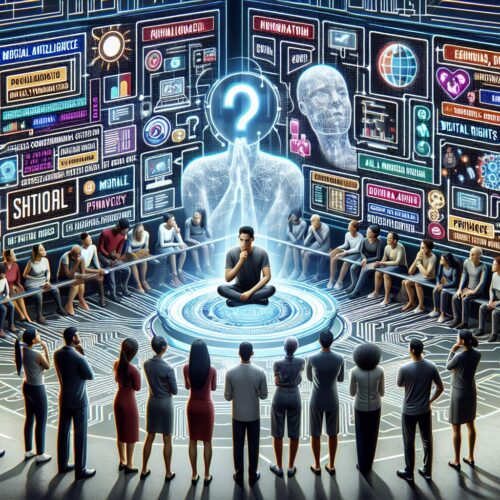

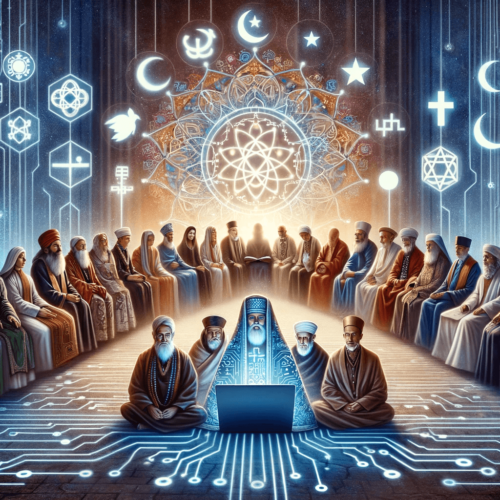
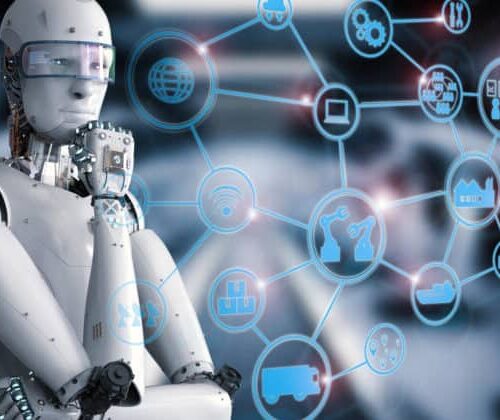
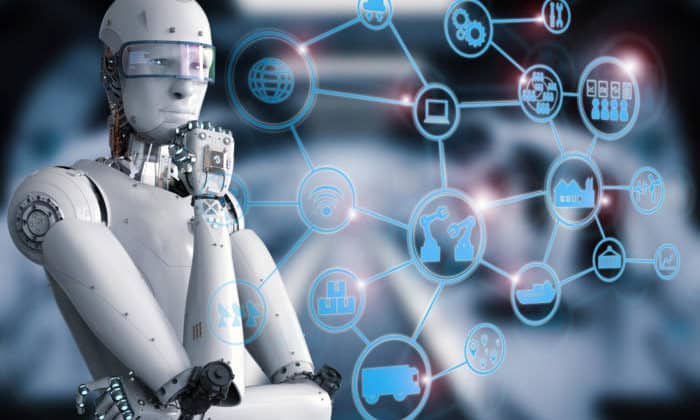 The integration of artificial intelligence (AI) into decision-making processes has brought forth transformative capabilities, yet it also presents complex ethical challenges that demand our attention. The rapid advancement of AI technology raises critical questions about the moral implications of delegating decision-making to machines and the potential consequences for individuals and society at large.
The integration of artificial intelligence (AI) into decision-making processes has brought forth transformative capabilities, yet it also presents complex ethical challenges that demand our attention. The rapid advancement of AI technology raises critical questions about the moral implications of delegating decision-making to machines and the potential consequences for individuals and society at large.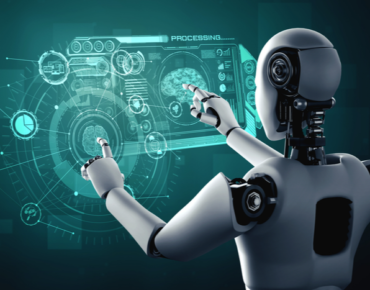 Automated Decision-Making
Automated Decision-Making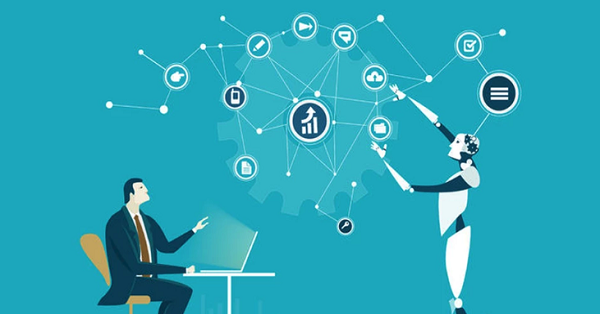 The Human Role in AI Decision-Making
The Human Role in AI Decision-Making